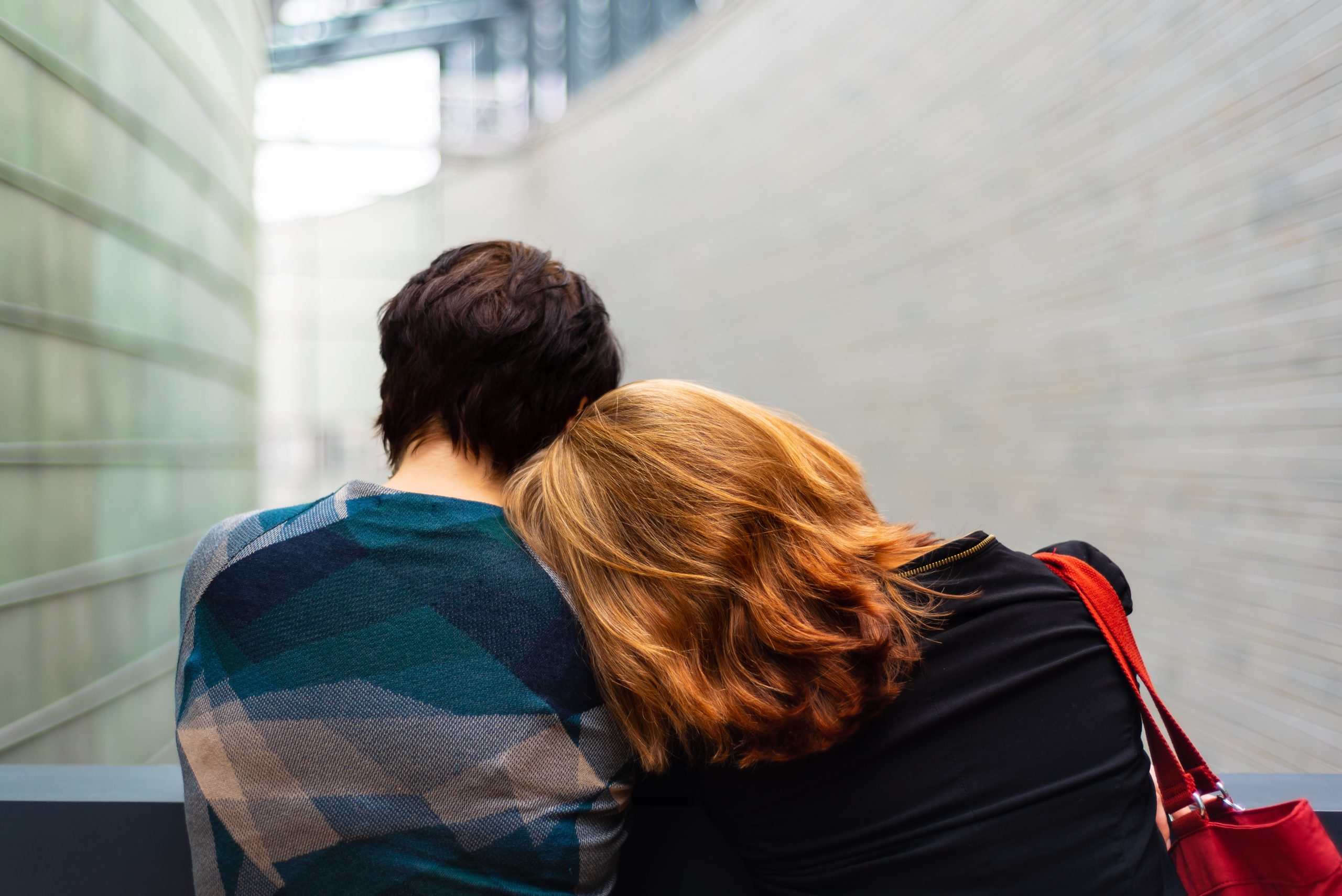Healthy relationships
Our specialist practitioners and therapists deliver tailored sessions for schools and community groups, focusing on healthy relationships, well-being and psycho-education. We are experienced at working with young people who are struggling to engage in mainstream systems and those who are not. Sessions focus on healthy relationships, personal safety, and well-being. Please get in touch to discuss what we might be able offer.

Explore our community offer therapeutic programmes
ETT is a simple, straightforward and accessible programme that we deliver on a one to one or group basis by our qualified practitioners. The programme is designed to help young people recognise and protect themselves from relationship abuse; encouraging them to explore how being treated with respect, care and love might be experienced.
Offering a flexible package of interventions, advice and guidance; ETT focusses on identifying and building personal strengths to develop and reinforce resilience; enabling young women to get back on their feet despite adversity, so they can deal with and recover from challenges they face in their lives; helping them to protect themselves, live independently and safely without abuse.
The core programme addresses:
- Expectations of relationships that make you feel bad
- Behaviours and beliefs of those who treat you badly
- Red flags for coercive behaviours
- How such behaviours impact on the way you feel about yourself
- Red flags for such behaviours early on in a new relationship
- Sexual health
Working with Child-to-parent violence and abuse, our qualified practitioners deliver WIC programmes on a one-to-one and group basis. This programme is aimed at parents whose children are being abusive or violent towards them or who appear to be out of parental control.
Overall aims:
- Reduce feelings of isolation and reinforce belief in the possibility of change
- Challenge feelings of guilt
- Raise awareness about causes
- Clarify boundaries of what is acceptable and unacceptable behaviour
- Examine strategies for creating meaningful and practical consequences for unacceptable behaviour
- Explore anger, both the child’s and parents
- Encourage assertiveness and self-care
- Reinforce progress and provide emotional support.
Exploring and healing from LGBTQ+ experiences of sexual and domestic abuse, gendered violence and power control.
Our Safe Space is a trauma-informed, LGBTQ+ inclusive programme designed to support LGBTQ+ survivors of abuse to understand their experiences, begin to heal and develop and maintain healthy relationships. It is a 6-session programme for LGBTQ+ participants only covering:
- Introducing Our Safe space
- Understanding abuse
- Strengths and coping
- Boundaries
- Radical self-care
- Moving forward
This group aims to:
- Improve self and body awareness, challenge beauty/body image ideals
- Build resilience and communication skills
- Reduce the risk of exploitation and abusive relationships developing
The VOICE Programme is a psycho-educational programme for victims of abusive relationships. Run over ten weeks this programme enables young adults to safely address the many issues related to domestic violence, coercive control and the behaviours that create the dynamic of intimate partner relationship abuse. It supports victims to identify the broad spectrum of abusive behaviours, the process of dismantling that a victim goes through and the significant impact of such traumatic experiences. In a contained and supported way.
The main aims of the programme are to address the various behaviours of a controlling partner both in situ and post-separation and to offer relatable psychoeducation on trauma and normal stress responses, enabling victims to learn more about self-regulation and self-care.
The programme is committed to weaving in the themes of intersectionality and the additional barriers this presents to victims, theoretic models which help victims to identify where they are at in the cycle or stage of domestic abuse both pre and post-separation and the use of digital technology to further compound abusive dynamics.
The programme is interactive and draws on a variety of different learning styles using discussion, self-reflective exercises, visual media and active participation to generate learning for all participants. This programme can be run successfully online or face to face, in groups or where needed in a one-to-one capacity.
The programme has been developed mindfully by people with lived experience to meet the need for improved understanding, sharing of current protocol and legislation, and to give practitioners the best chance of supporting the victims with whom they work in a supportive, regulated and trauma informed framework.